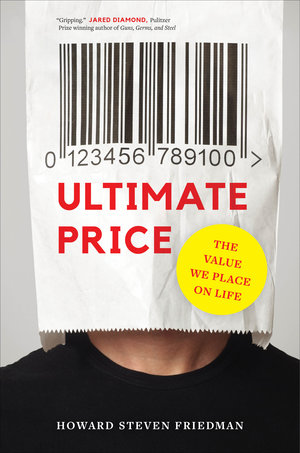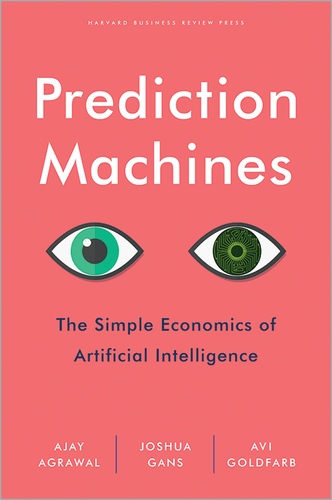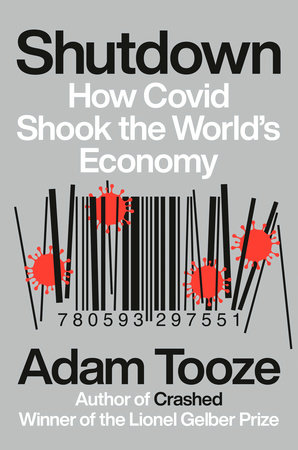Ultimate Price. THE VALUE WE PLACE ON LIFE
How much is a human life worth? The question’s complexity resides in the fact that how we arrive at a price tag on human life says a great deal about our priorities. The price tags, and the methods used to develop them, are a reflection of our values as a society. They are infused with influences from economics, ethics, religion, human rights, and law.
Ideally, there would be a simple answer of how to value a human life that most people could agree on. Yet there is no such answer. The philosopher Isiah Berlin stated that humans have a “deep and incurable metaphysical need” to search for timeless truth that does not exist.
The task of valuing life has many competing truths and no simple answer. Readers may find it frustrating that we cannot conclude with one key bullet point or a single take-home message about how human life is valued, but topics as complicated as this often cannot be boiled down to one pithy solution that satisfies nearly all interested parties.
Some take the philosophical perspective that human life is priceless.2 Individuals who take this stance conclude that the question of how much a human life is worth is meaningless or unanswerable. However intellectually satisfying, this perspective ignores the reality that human life is constantly being monetized and that this should therefore be done in an equitable way.
This book has taken the pragmatic approach of focusing on the real-world methods of how life is valued and the implications and limitations of these methods. The prices depend on who is doing the valuation, the methods they are using, the purpose for the valuation, and quite often, whose life is being valued.










